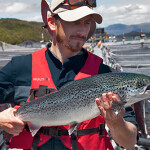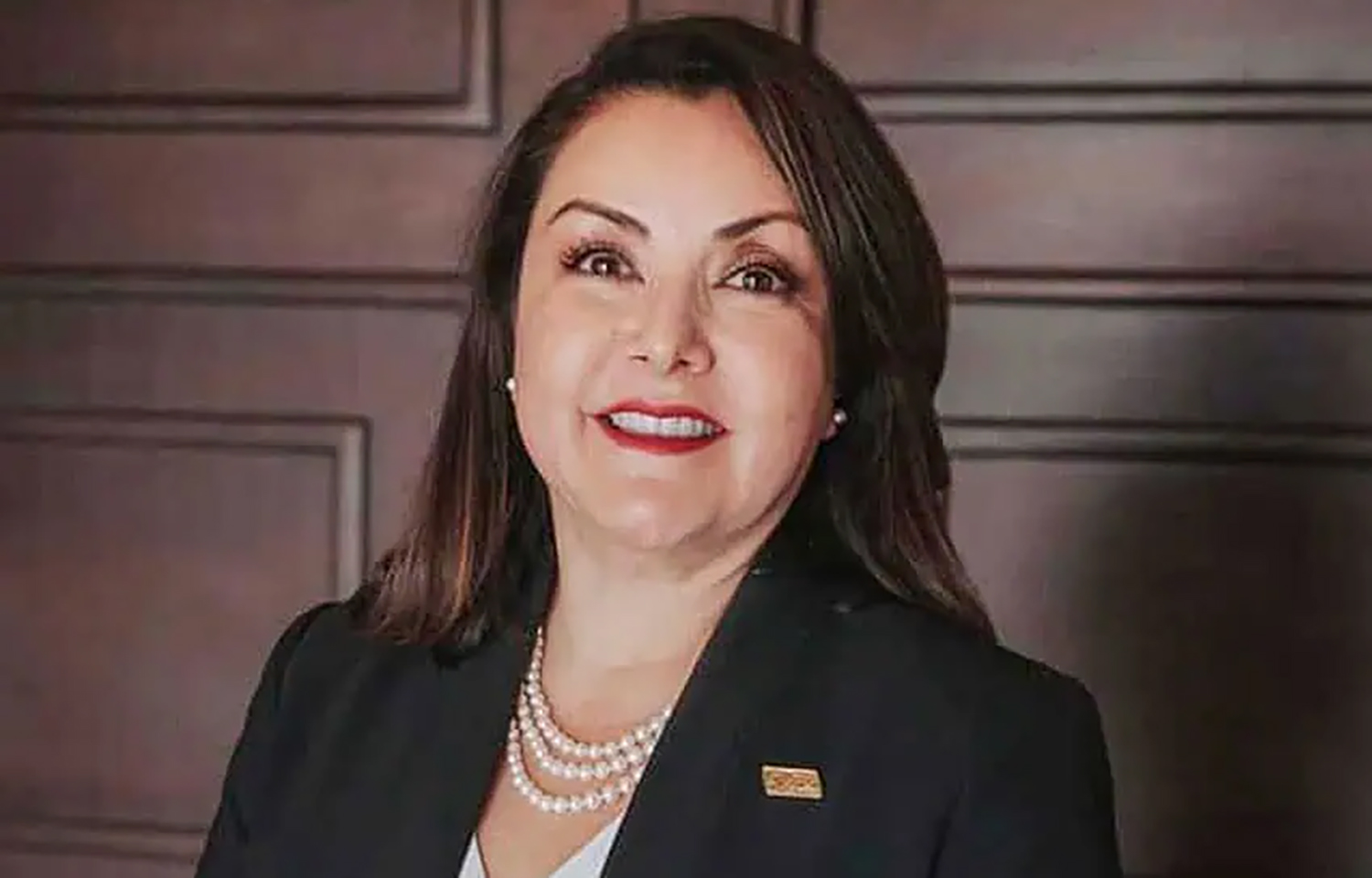The city of Ensenada in the Baja California state of Mexico is home to nearly 450,000 residents and is a major seafood landing, production, and processing hub that sits about 90 miles south of San Diego, California, U.S.A.
In this city where seafood is a key industry, Minerva Pérez Castro was born, raised, and became a leader in the Mexican seafood industry.
It is also where she was murdered on 8 July.
According to many of Castro’s colleagues, her extensive work history, her stature and fearlessness in the seafood sector, and her big personality made her death especially painful and frightening.
“As a leader, she was never shy to speak openly to the media about the dangers of the intrusion of organized crime in the fishing sector and the extortion being imposed on small-scale producers, industrial fishing companies, processing plants, and supply chain actors by drug cartels,” a work colleague of Castro’s who requested to remain nameless said. “She also called the authorities responsible for fisheries management and enforcement to do their job, being firm about the deterioration of the fishing sector in Baja California under a climate of uncertainty and fear; being outspoken and fearless was fatal for her.”
After graduating from college with a degree in accounting, Castro immediately took a job in the seafood industry working in a tuna- and sardine-processing plant in the industrial area of El Sauzal, just north of Ensenada.
After gaining experience, including creating, owning, and operating geoduck-harvesting company Atenea en el Mar, she began assuming leadership roles in the industry.
She was selected as the first female president of the National Chamber of the Fishing Industry’s (CANAINPESCA) Baja California chapter and was the vice president of clam fisheries for the Mexican Council of Promotion of Seafood Consumption (COMEPESCA).
It was in these leadership roles where she really began to use her voice to speak out on behalf of producers and the industry regarding the threat posed by cartels.
Since her death, members of the Mexican seafood industry and other stakeholders are taking up these efforts, specifically calling on the Mexican government to achieve justice for Castro. They are also asking the U.S. seafood industry to push for greater transparency and due diligence for seafood originating from the Baja California region of Mexico.
”A vital element of the solution is recognizing the linkages between Mexico’s seafood from the Baja California peninsula – where the most valuable and demanded seafood products are produced or harvested – and the U.S. market,” a member of the Mexican seafood industry, who also requested to remain nameless, told SeafoodSource. “The seafood industry in the U.S. must act to be part of the solution by rewarding Mexican companies that support transparent supply chains and push to have others track the source of their seafood from Mexico.”
While U.S. supply chains can play an important role, Megan Westmeyer, the director of supply chain roundtables with the Sustainable Fisheries Partnership, said that their role is limited by several factors.
“There are two issues here. One of the issues is pervasive illegal fishing in Mexico, and sometimes, that does involve pressure from organized crime. The second issue is the extortion of producers and processors in the form of protection payments and requirements to give them a cut of all the proceeds made from this value chain,” she said. “Minerva spoke against both of those, so it's really difficult to know what was really the driving force behind her murder. Realistically, the U.S. seafood supply chain has no direct influence on organized crime’s extortionist behaviors and can only try to disincentivize illegal fishing by reducing access to the market and, hence, make seafood a less attractive investment for organized crime.”
Westmeyer believes, along with many Mexican seafood industry representatives, that one step in the right direction is for companies to complement their traceability and transparency efforts with due diligence to evaluate the veracity of their documentation.
The Sustainable Fisheries Partnership has developed an audit process for Mexican shrimp, for example, that industry members can use to verify the legitimacy of their documentation and assess the risk of products coming from illegal fishing.
“Members of the Mexican Shrimp Supply Chain Roundtable have implemented this rigorous and costly audit process to identify the risks in their supply chain,” Westmeyer said. “What’s even more impressive is their willingness to take action in their supply chains based on that risk, through either requiring improved practices or altering their sourcing. I wish more buyers would recognize these significant actions and shift their sourcing to an importer participating in the Mexican Shrimp Supply Chain Roundtable.”
Westmeyer highlighted, though, that a lot of the legwork needs to be done in Mexico for real change to occur.
“The real solution – not an easy one but the only real one – is for Mexico's new administration to first root out the corrupt actors within their own government and then truly start fighting back against organized crime.” Westmeyer said.
Though Castro’s colleagues are doubtful her murder will be solved, they hope that her story will bring more attention to this problem and protect the lives and livelihoods of seafood producers, processors, and suppliers in Mexico.
“We must remain hopeful that Minerva’s sacrifice is a turning point in the quest for solutions. Finding someone who brings together a diverse seafood community for the right reasons is challenging,” a close industry colleague told SeafoodSource. “When this person dies, the magic of connectedness becomes even more evident, and its role and importance emerge crystal-clear. These people are beacons and engines for action to face apparently insurmountable challenges. This is the case of our beloved friend Minerva Pérez Castro.”








